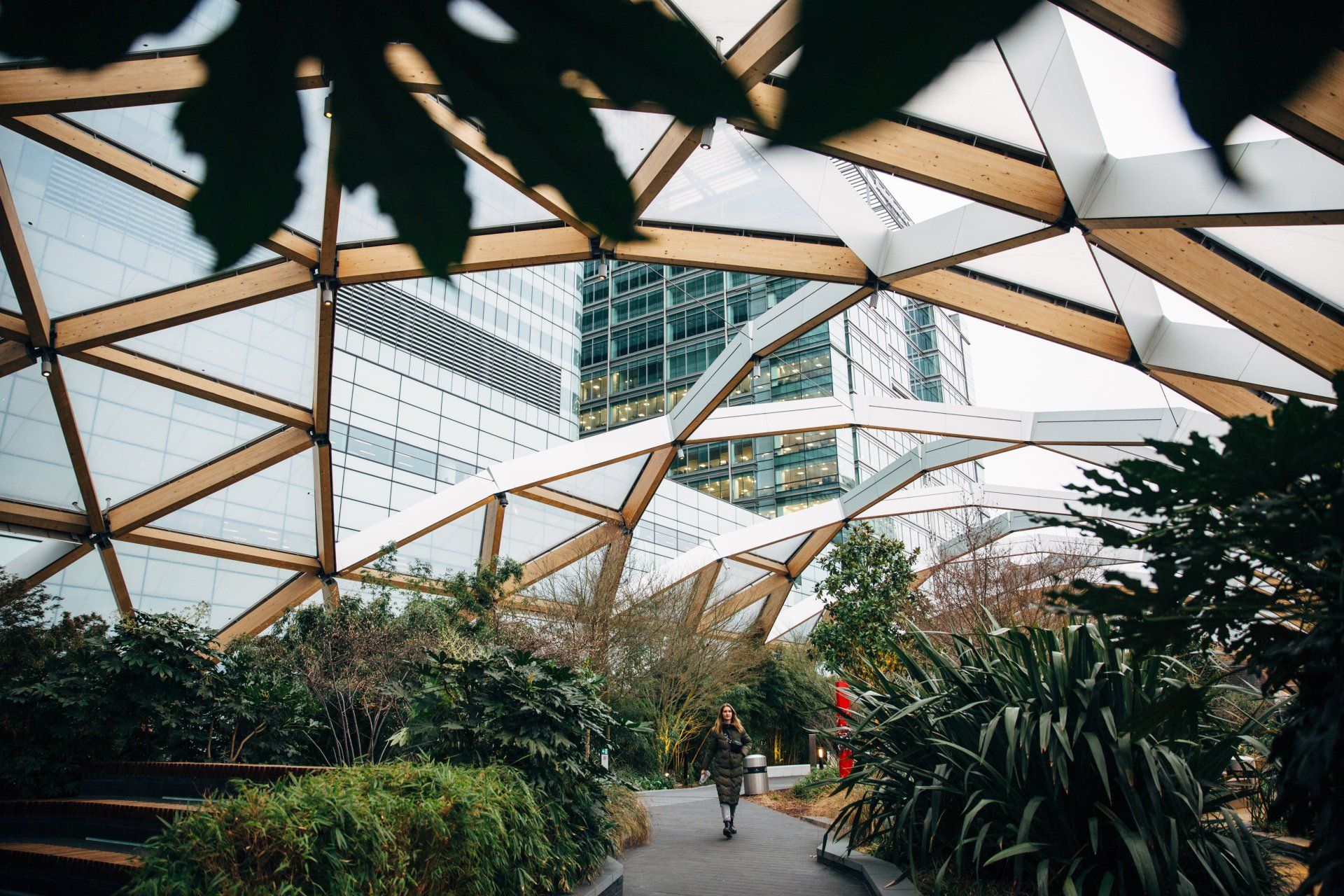The new report by car dealer group Robins & Day also found a further fifth of those surveyed incorrectly thought EVs cost the same to run as a petrol or diesel-fuelled equivalent.
EV running cost savings
More than a quarter of drivers seem to incorrectly believe that running an electric vehicle (EV) is more expensive than the other fuel-powered counterparts. Despite analysis highlighting that a driver could save around £5,200 over a decade by swapping a diesel car for an electric model with similar specifications.
5% of drivers plan to purchase an EV this year
The findings of the report also show that just 5% of drivers plan to purchase an EV this year. Alongside the good news for the UK’s move towards green transport, as nearly half of the surveyed drivers are planning to make the transition EV by no later than 2025.
Ciaran Taylor, Digital Marketing Manager at Robins & Day, commented: “It’s encouraging to see that many motorists are planning to make the switch to electric in the next four-five years…However, it’s clear that some drivers remain concerned about the cost of ‘going green’ as well as day-to-day practicalities of having an electric vehicle.”
British Gas Business Solution
As more drivers make the switch to electric the demand for electric vehicle charging is rapidly increasing. At British Gas Business we’re proud to offer workplace EV charging points, with end to end project management – from assessing site supply to final installation. Find out more about our workplace charging points below.




